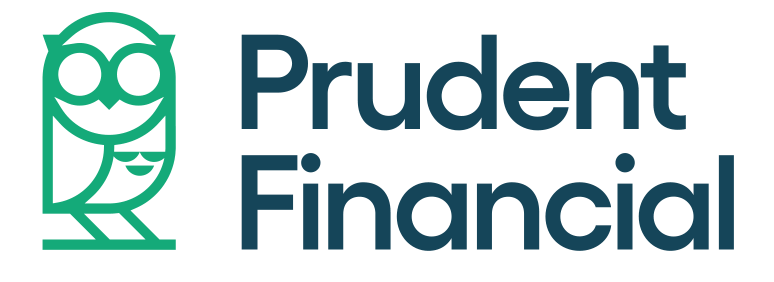
During tax time, you likely have a lot on your mind. You want to be certain that you fill out all of your forms correctly, you want to ensure that you submit your taxes on time and you want to do whatever you can to get yourself the biggest possible refund. But are you also focused on securing your personal information? If you’re not, you could end up a victim of tax identity theft and find your tax refund stolen!
How Tax Identity Theft Happens
Identity thieves look for personal information, such as your name, date of birth or your social insurance number. Once they have this information, they work to gain access to your financial services, such as your bank account or your credit card. They can also use this information to create new accounts.
One way that criminals can get the information they need to steal your identity is through tax returns.
Recently, news broke that 900 social insurance numbers were stolen from Canada Revenue Agency computers. This shows how important it is to protect your personal and financial data from identity thieves.
What to do if your Identity is Stolen
If someone uses your social insurance number to file for your tax refund before you do, he or she may be able to get your refund. If you later file for your refund yourself, you will get a notice from the Canada Revenue Agency indicating that there is a problem. If this happens to you, you should immediately contact the Canada Revenue Agency and inform them of the situation.
Here are a few other important steps to take if your identity has been stolen or if your tax or financial information has been compromised:
- Contact any agencies or institutions where your identity may have been compromised right away
- Report the situation to the police and the Canadian Anti-Fraud Centre
- Ask for a copy of the police report so that you can use it to provide proof to other organizations
- Put a fraud alert on your credit report by contacting credit agencies
- Order your credit reports and check them for suspicious behaviour
- Cancel and replace your credit cards and identification cards as needed
- This includes your credit cards, debit cards, driver’s license, health card and social insurance card as well as any other cards that may have been compromised
- Contact Service Canada and the Canadian Revenue Agency if your SIN or tax return has been compromised
- Monitor your financial statements for any activity or purchases that you do not recognize
- Find out what you need to do in order to have your losses reimbursed
- Be sure to keep a record of all of the steps that you take to prevent identity theft

